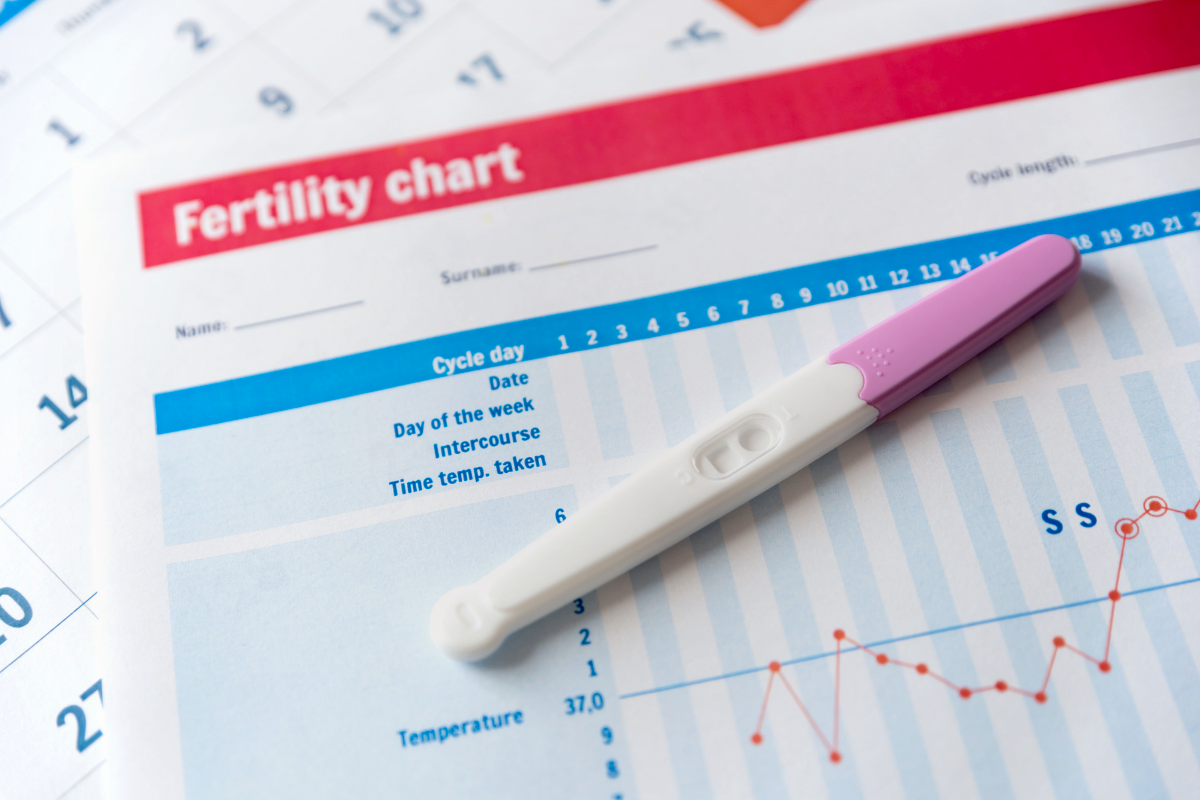Fertility treatment often means spending large amounts of time in your chosen doctor’s office. So much time, in fact, that many of my patients joke that they could do orientation for new hires at the practice.
So let’s have an orientation. I want to discuss the different clinics that you may encounter. Due to some unfortunate barriers, you may have limited choices in where you receive treatment. However, there are still common features across clinics.

Who are the providers?
Many clinics use the term “fertility provider” to refer to everyone from doctors to nurse practitioners providing fertility services, so it may not always be clear who is providing your care.
In general, fertility providers fall into three categories:
- “Mid-level” providers like midwives, nurse practitioners, and physician assistants
- OB-GYN physicians who have not done fellowship training in reproductive endocrinology and infertility (REI)
- Board-certified REI specialists
Sometimes, depending on the practice and your needs, you may end up receiving care from a person in all three groups. When it comes to who is managing your care, the advantage of seeking a board-certified REI is essentially increased expertise. Board certification in REI requires three years of specialized training in fertility on top of the four years of OB-GYN residency and multiple written and oral examinations. The downside is that it may take longer for you to get an appointment with a board-certified REI compared to a mid-level provider or an OB-GYN providing fertility care.
Whatever you choose, it is important that your clinic can tell you from the start who is providing your care. You can check if your provider is a board-certified REI here.
What about clinic size?
One major difference between practices is size. Clinics range from single-physician practices to large groups with several physicians that are sometimes part of even larger networks.
There is very limited data available regarding the effects of clinic size on fertility treatment outcomes (only multiple abstracts that do not show a correlation between size and IVF outcomes), so the experience here is largely guided by what you are looking for and how well a given model or structure works for you (in other words, the “feel” of the practice).
Larger practices have the advantage of being able to offer more resources, such as in-house genetic counselors and mental health support, their own IVF lab, and the ability to offer fertility services all year round. (Some smaller clinics will “batch” patients by trying to sync up their cycles for scheduling purposes.) However, one downside of larger practices is that many patients can miss out on the “personal touch” side of things, such as seeing your own physician at each appointment (rather than whoever happens to be in the office performing procedures that day) and working with the same small group of people rather than what can sometimes feel like a rotating cast of new faces. A smaller practice can offer that, but at the disadvantage of in-house resources and limited hours.
Another thing to keep in mind is that some private practices have an affiliation with an academic medical center. Academic affiliation has the advantage of a connection to other medical and surgical subspecialties, which is useful for medically complex cases.
What specialities do they offer?
This is also a little bit harder to gauge up front, and it may require a few appointments to understand what health factors you need to take into consideration.
For example, if you are in need of donor eggs or sperm, then you may want a clinic that has expertise in “third-party reproduction.” If there is “male factor infertility,” then you would want to be seen at a clinic where there is an in-house reproductive urologist.
BMI, unfortunately, also falls into this category because many fertility clinics have BMI cutoffs for IVF. Your practice will hopefully be clear with you about their limitations, but if not, you should double-check that they can offer the services you need.
What are the success rates?
You may have heard that you should be looking at each clinic’s success rates. Well, yes and no.
First, it’s important to know which success rates you’re looking at. There are two entities that collect and publish success rates for assisted reproductive technologies (ART) in which either eggs or embryos are handled outside the body (most commonly IVF): the Centers for Disease Control and Prevention (CDC) and the Society for Assisted Reproductive Technology (SART).
All clinics in the U.S. providing ART care are mandated by law to report to the CDC, whereas SART reporting is voluntary. According to the CDC, in 2021, only 80% of all fertility clinics reporting data to the CDC were SART members. You will notice some discrepancies between the two in terms of national and individual success rates because they also have slightly different timing of data submission.
Many people advocate looking at a clinic’s success rates in the belief that those are a true reflection of a clinic’s quality. While it is certainly true that things like the level of training and experience of both the medical and laboratory professionals and the quality of services provided play a role, factors related to the patients themselves — such as their age, the quality of their eggs and sperm, the cause of their infertility, and genetic factors — are also extremely important.
The most important factors in ART success rates are the age of the patient with ovaries and whether that patient’s own eggs are being used. Some clinics may be more willing than others to accept patients with low chances of success, or they may attract a specific patient population for a variety of reasons. None of this is included in the success rates published through the CDC or SART (you only get the numbers), so you should use them as a jumping-off point in conversation with your providers about what populations they work best with and what, if any, specialization they have.
So, where do you start in finding a clinic?
If this is an option for you, start by talking to people in your life to see if anyone has any experience with the fertility practices in your area. If you are part of any online forums or support groups for fertility, you can reach out there, too.
Your primary care provider and/or general OB-GYN physician may have specific practices that they have experience with, and even if not, they can sometimes get the infertility workup started for you. If you have health insurance, find out which providers are in the network, and inquire if your employer offers any fertility benefits.
Keep in mind, while costs vary across clinics, there are many ways to cover the costs of IVF, and there are nuances involved in insurance coverage. You may want to talk with the clinic’s billing department about how they bill insurance for fertility treatments to get an understanding of how this might work with your insurance provider.
Once you have chosen a provider, gather any information you may have that is relevant to your care. Your first visit is typically structured as a get-to-know-each-other session and involves a detailed collection of your and your partner’s (if applicable) medical histories, including any fertility workup/evaluation and treatment you may have received so far, but you should also feel free to ask them if they have any areas of specialization within fertility. Your provider should ideally explain their specific practice style, the general scope of the practice, and next steps, but if they do not, please feel free to ask. You can use the first visit to get a feel for the practice and gauge if it works well for you or you and your partner.
The bottom line
- Many different practitioners provide fertility care, including midwives, nurse practitioners, physician assistants, OB-GYNs who have not been fellowship-trained, and board-certified reproductive endocrinology and infertility specialists.
- Large practices have the advantage of multiple in-house resources and expanded hours compared with smaller practices, but smaller practices can offer a more individualized approach.
- Practices affiliated with academic medical centers may be better equipped to handle medically complex cases.
- You should consider whether the practice specializes in or offers services you are in need of, such as an in-house reproductive urologist for male factor infertility.
- IVF success rates are available through the CDC and the Society for Assisted Reproductive Technology. When comparing success rates between clinics, remember that certain clinics may be more willing to take on cases with lower chances of success. Success rates should be used as a conversation starter with your fertility provider.
We recognize that readers of ParentData identify in different ways — read more about our approach to gender-inclusive language here.
Community Guidelines
















Log in
Insightful article and quite helpful for people! Just a friendly reminder the PA profession has undergone a name change and we are now Physician Associates 🙂 still PAs